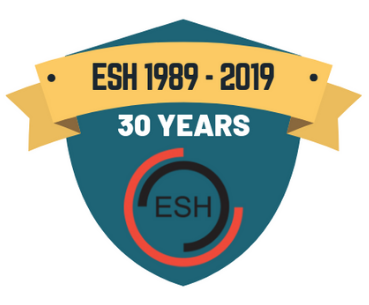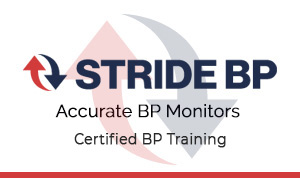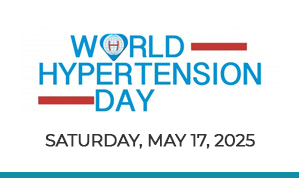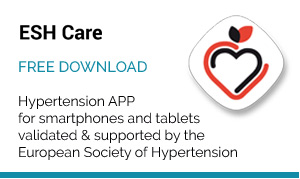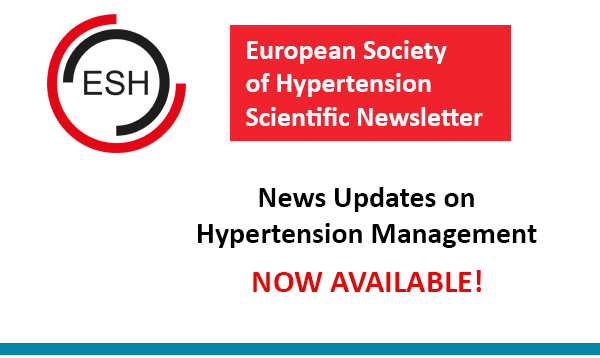The nurse-led multidisciplinary EUROACTION family-based program achieved significantly better lifestyle changes for coronary and high-risk patients, including improved blood pressure control, healthier diet, reduction in central obesity, and increased physical activity, compared to usual care. Better glucose control was achieved in persons with diabetes. The results of this initiative were presented by Prof. S. Connolly, London, UK, at the 17th European Meeting on Hypertension, held in Milan, Italy, June 15 to 19, 2007.
EUROACTION followed 10,792 coronary and high-risk patients and their families in general practice and general hospitals in eight European countries with a multidisciplinary hospital program of cardiovascular prevention and rehabilitation or usual care. The team led by specialist cardiac nurses was supported by a cardiologist or general practitioner and included a dietitian and physiotherapist. Nurses recruited patients with acute coronary syndromes and stable angina pectoris (coronary) and high-risk patients (Heartscore >/=5 over 10 years, hypertension, dyslipidemia, diabetes).
The focus of the program was lifestyle changes as needed for primary and secondary prevention. Notably, recruitment was high, with 67% of eligible coronary and 87% of eligible high-risk patients recruited; 84% and 94%, respectively, completed the program. The patient’s partner and other family members living in the same household were also included; 77% of coronary patient partners and 74% of high-risk patient partners participated, with completion by 69% and 97%, respectively.
Target blood pressure (<140/90 mmHg, <130/80) was achieved by 65% of coronary and 58% of high-risk patients in the program, compared to 55% and 41%, respectively, in usual care. The absolute improvement in blood pressure was 10% and 17% for coronary and high-risk patients in the program compared to usual care.
Better control of diabetes was found with the program, with 61% of the coronary and 80% of the high-risk patients having an HbA1c <7%, compared to 50% and 65%, respectively, of the usual care patients.
Other key findings with the EUROACTION program include:
- 10% absolute improvement in maintaining smoking cessation at 1 year in the hospital arm.
- Dietary improvement
- 17% absolute reduction in saturated fat consumption
- 37% absolute increase in fruit and vegetable consumption
- 9% absolute increase in oily fish consumption.
- Physical activity improvement
- 36% and 29% absolute improvement in coronary and high-risk patients, respectively, in achieving European targets for physical activity.
- Weight reduction
- >/=5 % weight reduction in 27% of coronary patients.
- Lipids improvement
- Total cholesterol levels <5 mmol/l in 78% of coronary patients.
- LDL cholesterol <3.0 mmol/l in 81% of coronary patients.
Increased prescribing of cardioprotective drugs, statins and in high-risk patients ACE inhibitors) was also found.

